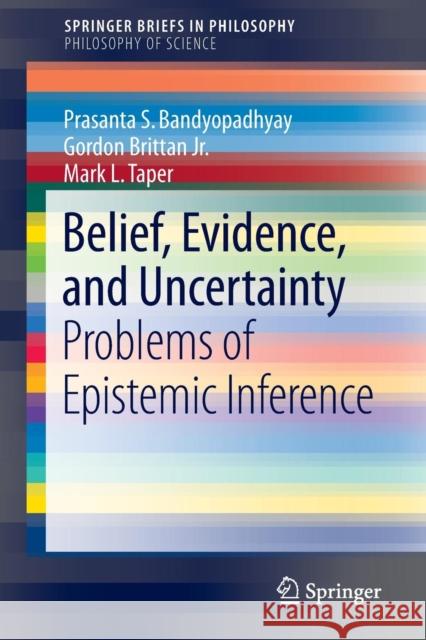Belief, Evidence, and Uncertainty: Problems of Epistemic Inference » książka
topmenu
Belief, Evidence, and Uncertainty: Problems of Epistemic Inference
ISBN-13: 9783319277707 / Angielski / Miękka / 2016 / 178 str.
Kategorie BISAC:
Wydawca:
Springer
Seria wydawnicza:
Język:
Angielski
ISBN-13:
9783319277707
Rok wydania:
2016
Wydanie:
2016
Numer serii:
000457637
Ilość stron:
178
Waga:
0.27 kg
Wymiary:
23.39 x 15.6 x 1.04
Oprawa:
Miękka
Wolumenów:
01
Dodatkowe informacje:
Wydanie ilustrowane











